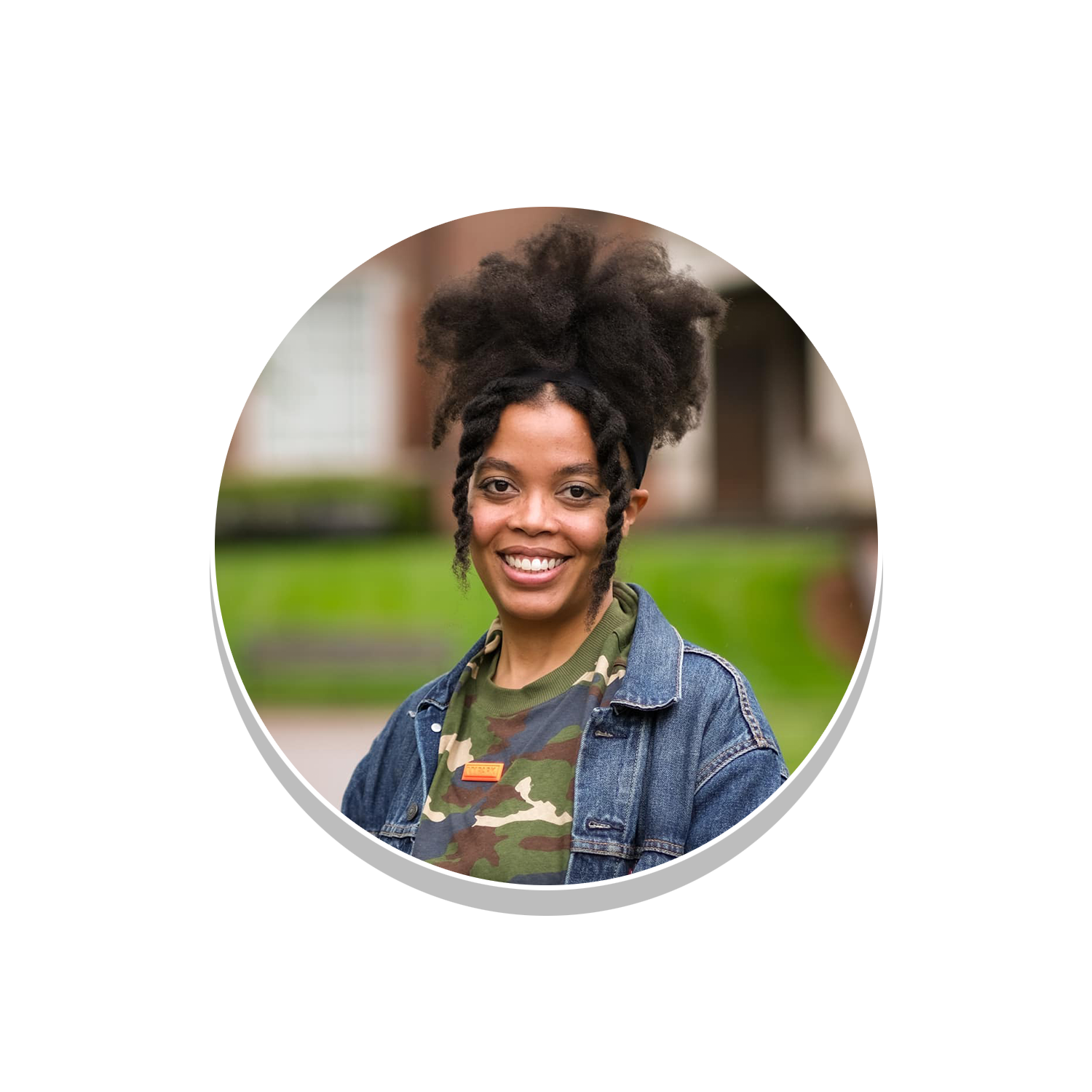Nahum may very well be the queerest book in the Bible, because hardly anybody knows what to do with it. Frankly, I had no idea what was in the Book of Nahum until I took my first Hebrew Bible course in college. I vaguely remembered from Confirmation class that Nahum is a “Minor Prophet” in the Protestant canon, but my knowledge ended there. Nahum is one of those books that eludes Sunday School curricula, liturgical use, and people’s personal interest. It’s not even in the Revised Common Lectionary! Francisco O. García-Treto remarks, “The absence of Nahum from the lectionary presents an implicit confession that Nahum is a book that makes the church uncomfortable, one that it seldom, if ever, opens” [i]. Uncomfortable, indeed. Nahum is a troubling, violent text that envisions an entirely unforgiving God. It contains only 47 verses, and nearly all of them are brutal. Wil Gafney notes even the classic biblical statement that God is “slow to anger” and “abounding in steadfast love” is paired down in Nahum, maintaining only God’s anger [ii].
Maybe it’s understandable why Nahum receives such little attention in the Church, but it is precisely this lack of attention that gives Nahum a queer shape. If queer is taken to mean that which is peculiar and outcast, then Nahum is a very queer book. The term queer is loaded with meaning, but it is underscored by a sense of being “Other.” Queer is always a term for outcasts, those who actively disrupt the normal. This is why many of us in the LGBTQIA+ community have embraced the term over time. Relative to the heteronormative world, we are proudly queer in our boundary-breaking. These notions of Otherness and disruption make Nahum a queer book; the Church doesn’t know how to handle this prophet, so it avoids it, just as it has tended to do with other disrupters of the status quo. Nahum is an outcast text, a queer text.
The Queering of Creation
Within the book itself, Nahum’s vision of creation takes on a queer valence. In Nahum 1:4-5, the writer attempts to convey the immensity of God’s power through its effect on the created world:
He rebukes the sea and makes it dry,
and he dries up all the rivers;
Bashan and Carmel wither,
and the bloom of Lebanon fades.
The mountains quake before him,
and the hills melt;
the earth heaves before him,
the world and all who live in it (NRSVUE).
Nahum’s author reveals the divine ability to unsettle the taken-for-granted boundaries of the natural world. We typically understand the status of creation as fixed. Rivers are supposed to flow. Hills certainly should not melt! But, amid seeming stability, God disrupts things. This process of destabilizing demonstrates both God’s capacity for queering and creation’s capacity for being queered. The presence of God interrupts the “normal,” calling us to reimagine what creation is and can be.
God’s destabilizing of the supposedly “normal” in creation is a blessing for queer folks. In a world where texts like Genesis 1:27 – “male and female [God] created them” – are used to justify a binary, cis-gender order of things, the Bible also gives witness to God’s refusal to let the boundaries of creation be determinative. God is full of the unexpected, the unanticipated, and Nahum depicts a God who queers the very elements of creation we thought were most stable. Creation holds endless possibilities, and queer people participate in the ongoing exploration of them through our resistance to the “normal,” to binaries, to categorization. Alongside God’s limitless artistic potential, queer people become co-creators of new ways of being. This is the blessing of queer existence; we experience the full freedom of God’s creativity through our living.
Nahum and Queer Longings
If the Bible is a collection of ancient, diverse voices offering perspectives on God and the world (which I contend that it is) then perhaps Nahum represents the deep hunger we may feel for fiery condemnation of our oppressors. Though the book does so in distressingly violent ways, it still bears witness to the very human urge to claim God is only on our side. Nahum longs for the relentless destruction of Judah’s enemies, and, in doing so, tries to limit God for itself, imagining a God who is only vengeful.
To see the queer temptation at work here, we must first understand why this prophet longs for such violence. Nahum’s prophecies are directed entirely at the city of Nineveh, which is likely most familiar to us through the book of Jonah. Nineveh is the capital of the Assyrian Empire, a brutal regime that overtook the Kingdom of Judah. Judah maintained a semblance of its identity under Assyrian rule by paying the Empire to let it keep its king [iii]. Judah was thus immersed in the violent inner workings of Assyria, and the Judeans became caught up in its politics of exploitation and domination. The book of Nahum came into being under these conditions, so its longing for retributive violence is equally as much a longing for freedom from imperial oppression.
Nahum responds to the depth of this violence with terribly grotesque visions, but its final verse (3:19) captures the underlying motive behind the book’s sentiments. In the NRSVUE, it reads:
There is no assuaging your hurt;
your wound is mortal.
All who hear the news about you
clap their hands over you.
For who has ever escaped
your endless cruelty?
Nahum sees how fatal the colonial violence of Assyria is, and the prophet insists that no one has escaped its grasp. These lines may resonate with us queer people in the United States. As states across the country continue to pass laws against transgender healthcare, drag performances, and LGBTQIA+ representation in schools, we feel the weight of legal violence against us, let alone that of physical violence. A 2020 UCLA study showed that “LGBT people are nearly four times more likely than non-LGBT people to experience violent victimization” [iv]. Every time I open social media or catch a glimpse of the news, it seems as though there is no end to the horrific crusade against queer life. These words from Nahum understand the position of queer people – we long to be freed from the violence against us, and we have witnessed just how fatal the workings of oppressive systems are. Nahum portrays the essence of this yearning for liberation, as well as the propensity we have toward speaking violently about it.
Talking Back to Nahum
While we as queer people may relate to Nahum’s location as an oppressed author, maybe even seeing ourselves among the Judeans, we have equally as much of an obligation to talk back to the violent longings of the text, the details of which I have largely left out. Though Nahum denounces imperial violence against Judah, its vision is still destructive, and we must resist the seductive power this rhetoric of violence may have. Just as Jacob wrestles the Angel in Genesis 32 – a story that has become a central feature in queer religious writing – we also have the ability to wrestle with God and scripture. Nahum is part of the biblical canon, and, as such, must be thoughtfully wrestled with too. We need not condone the message of destruction, but we must take it seriously. Nahum is a hopeful book, one that longs for freedom, but the specifics of this vision are deeply troubled by a thirst for violence. Perhaps it is the process of hoping, of dreaming up new worlds, that we must participate in, for this is a deeply biblical thing. We can enter into the prophetic practice of imagining queer liberation without relying on the same violent rhetoric and tactics that have been used against us. Nahum reflects back our own conditions and temptations, as well as showing us queer possibilities, but the prophetic tradition of hope is threaded throughout the text, inviting us into the work of survival against all odds.
[i] This quote comes from García-Treto’s commentary on Nahum in The New Interpreter’s Bible vol. VII.
[ii] For more on this, see Wilda C. M. Gafney’s Nahum, Habbakuk, Zephaniah in the Wisdom Commentary Series.
[iii] Ibid.
[iv] For the study’s press release, visit: https://williamsinstitute.law.ucla.edu/press/ncvs-lgbt-violence-press-release/

Jackson Ringley is a graduate student at Yale Divinity School and the Director of Social Media for Youth Mission Co. He is actively involved with Montreat Youth Conference and Montreat College Conference and enjoys helping young people find their own voice in the Church and world. Jackson holds a BA in English and Global Studies from the University of South Carolina and has a deep passion for queer writing, global literature, and storytelling as a means for social transformation. You can typically find him watching Abbot Elementary, dancing to Taylor Swift, or enjoying a good cup of coffee.



Unbound Social